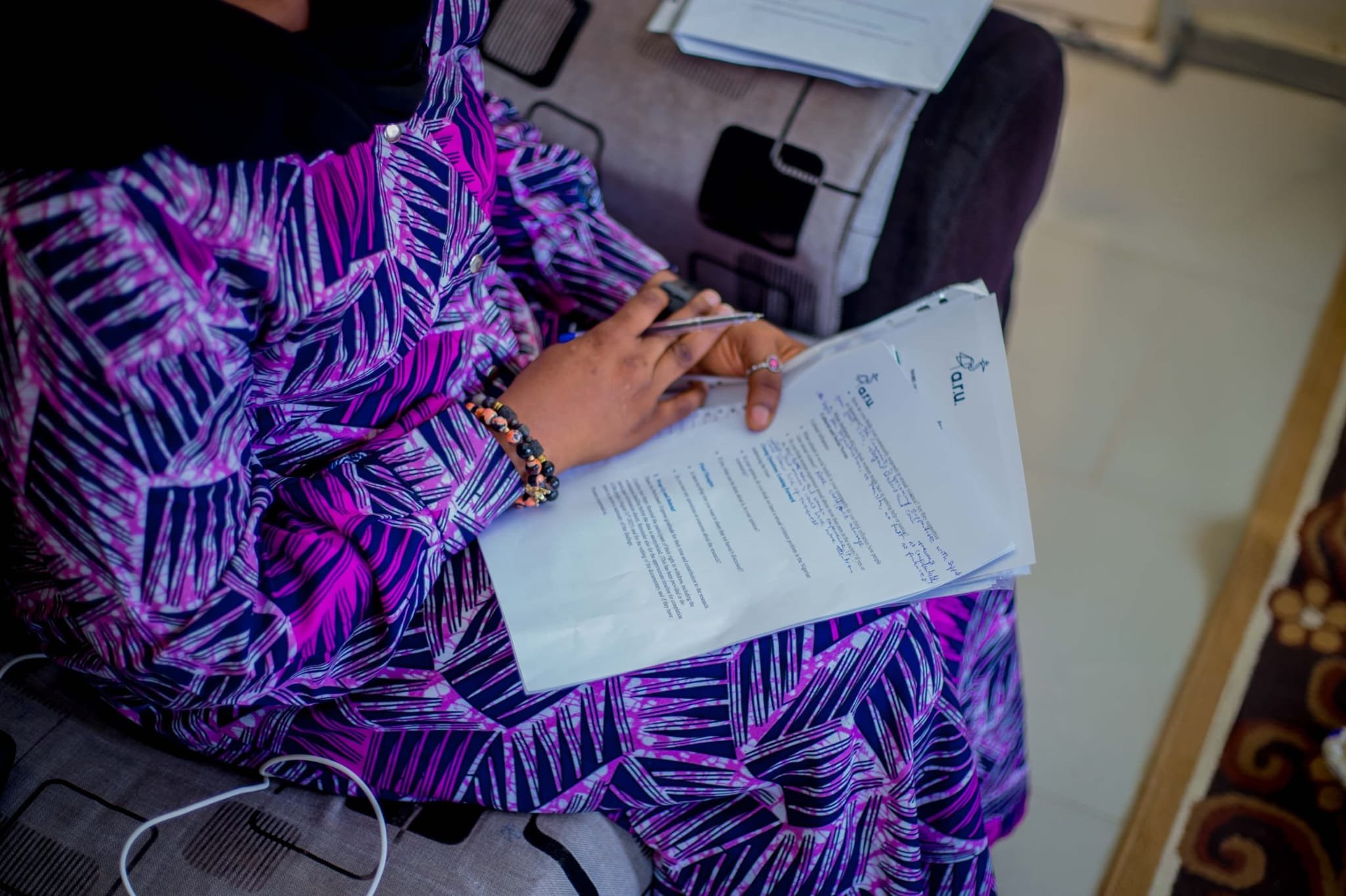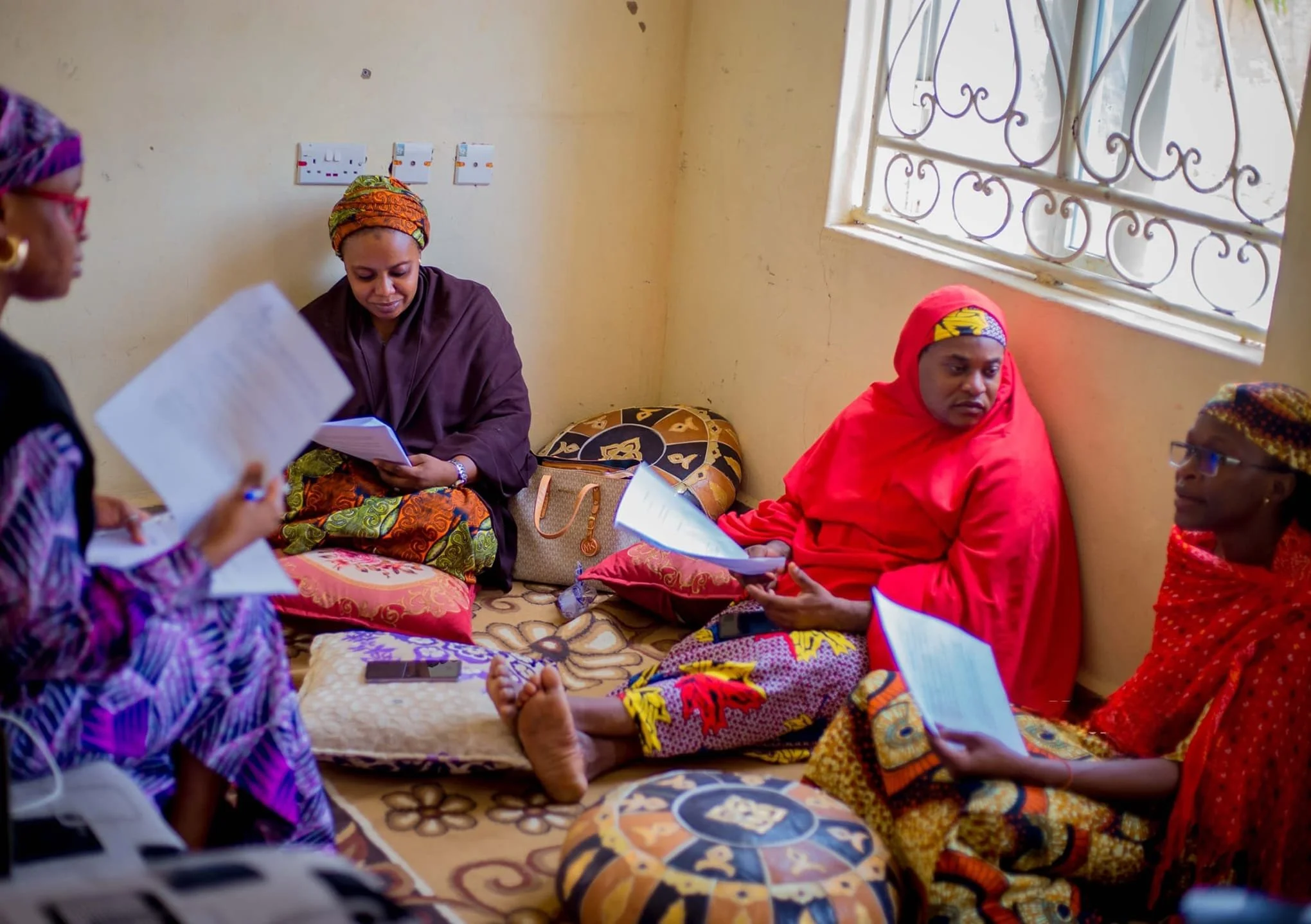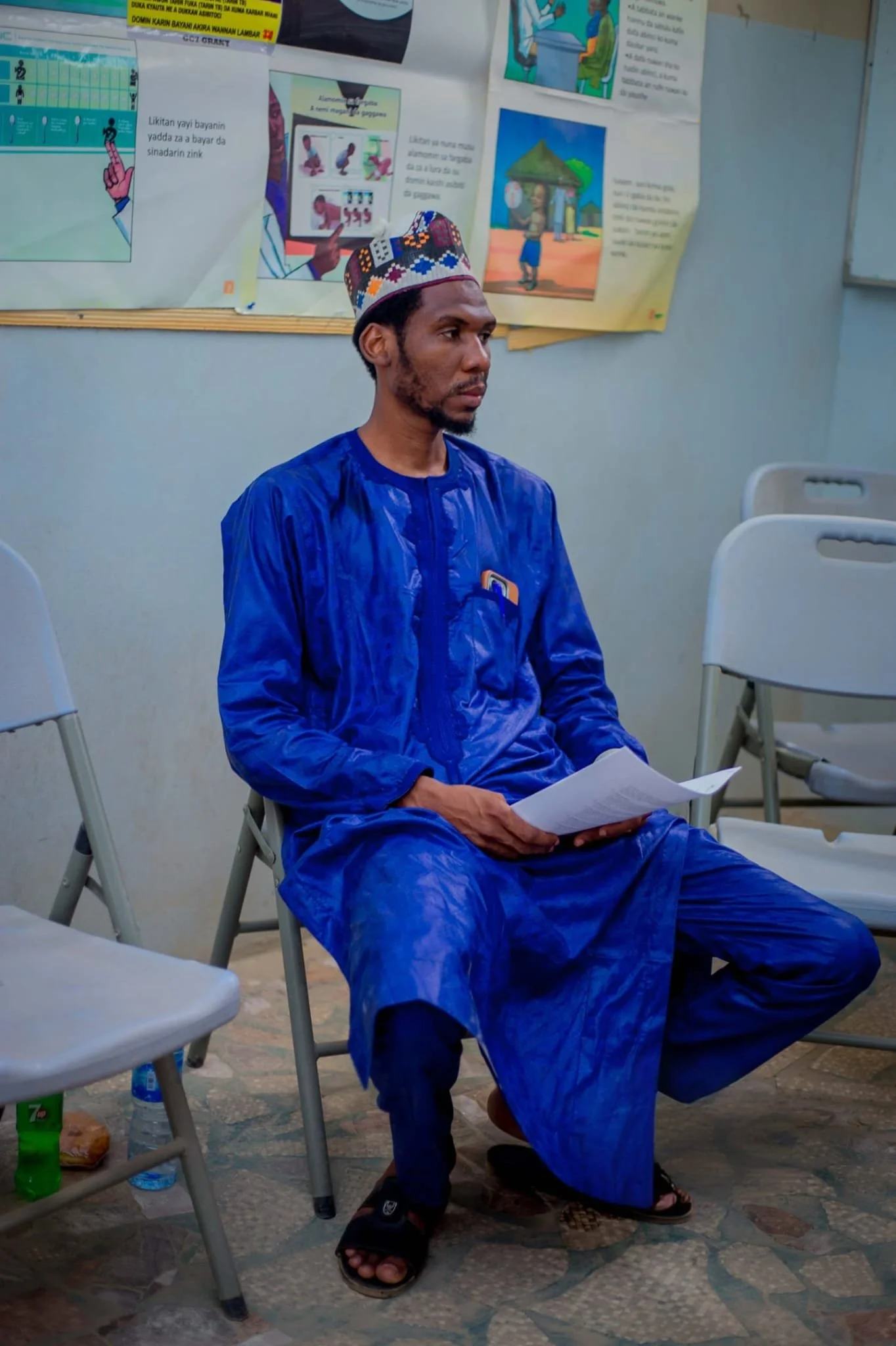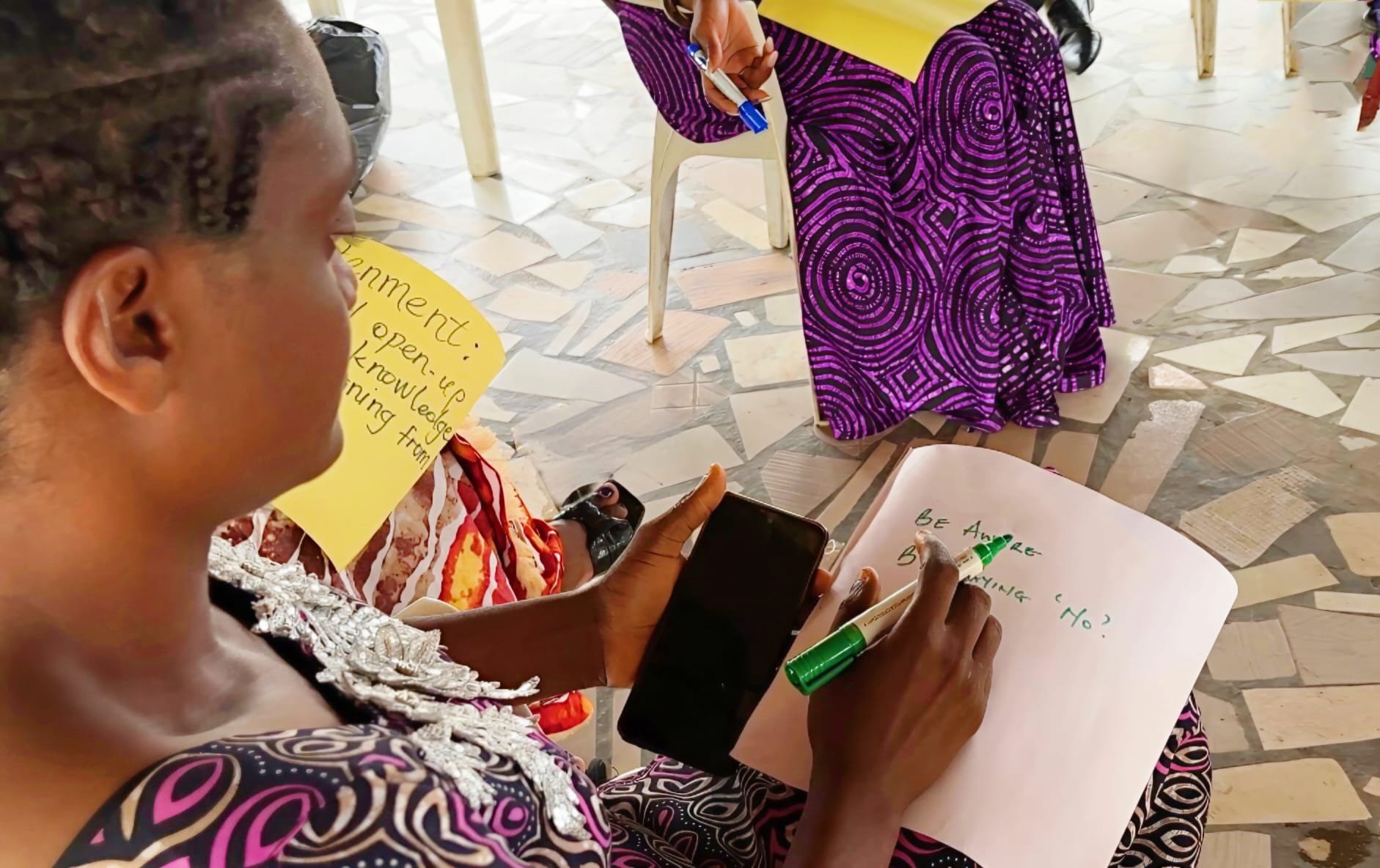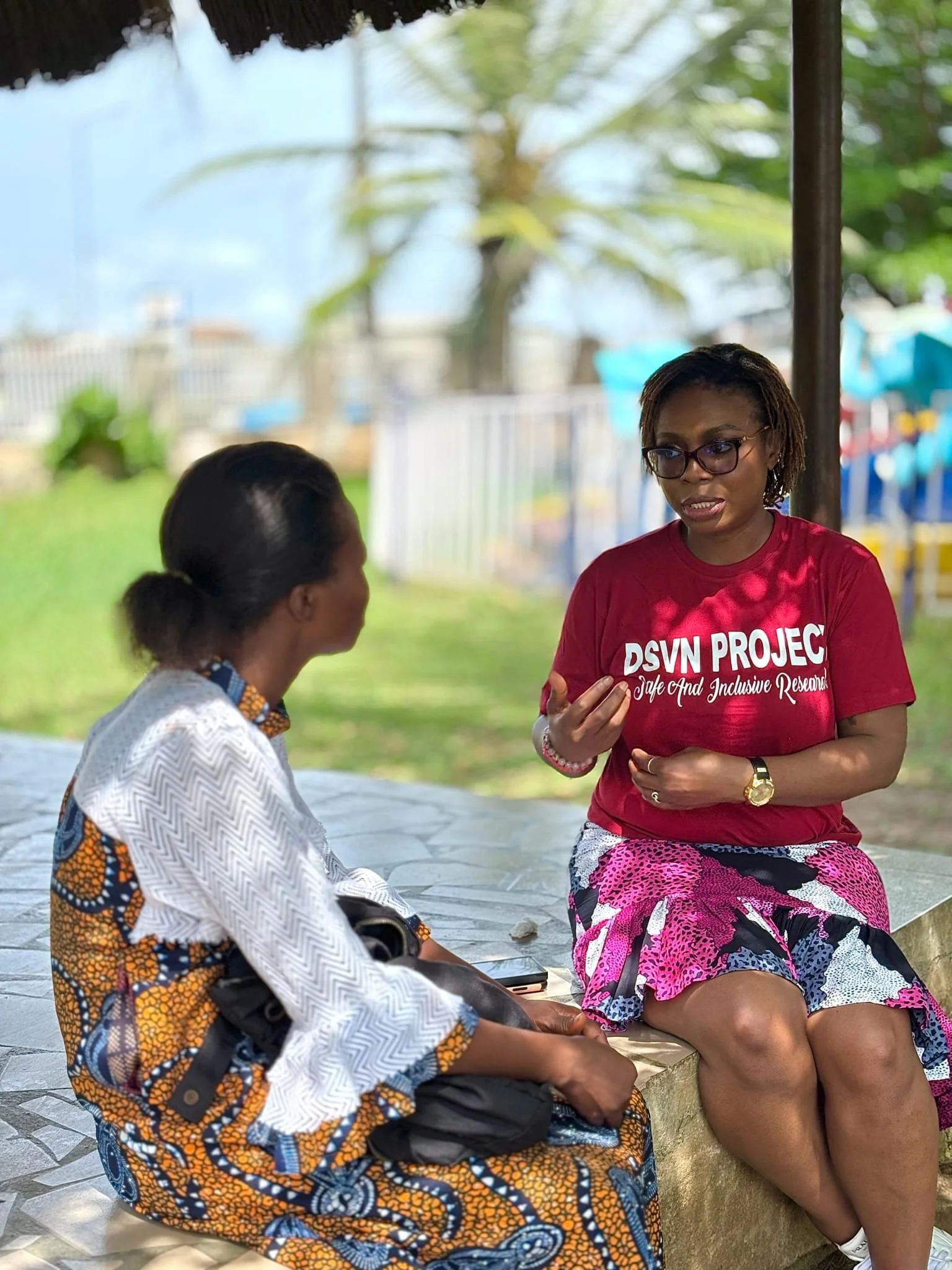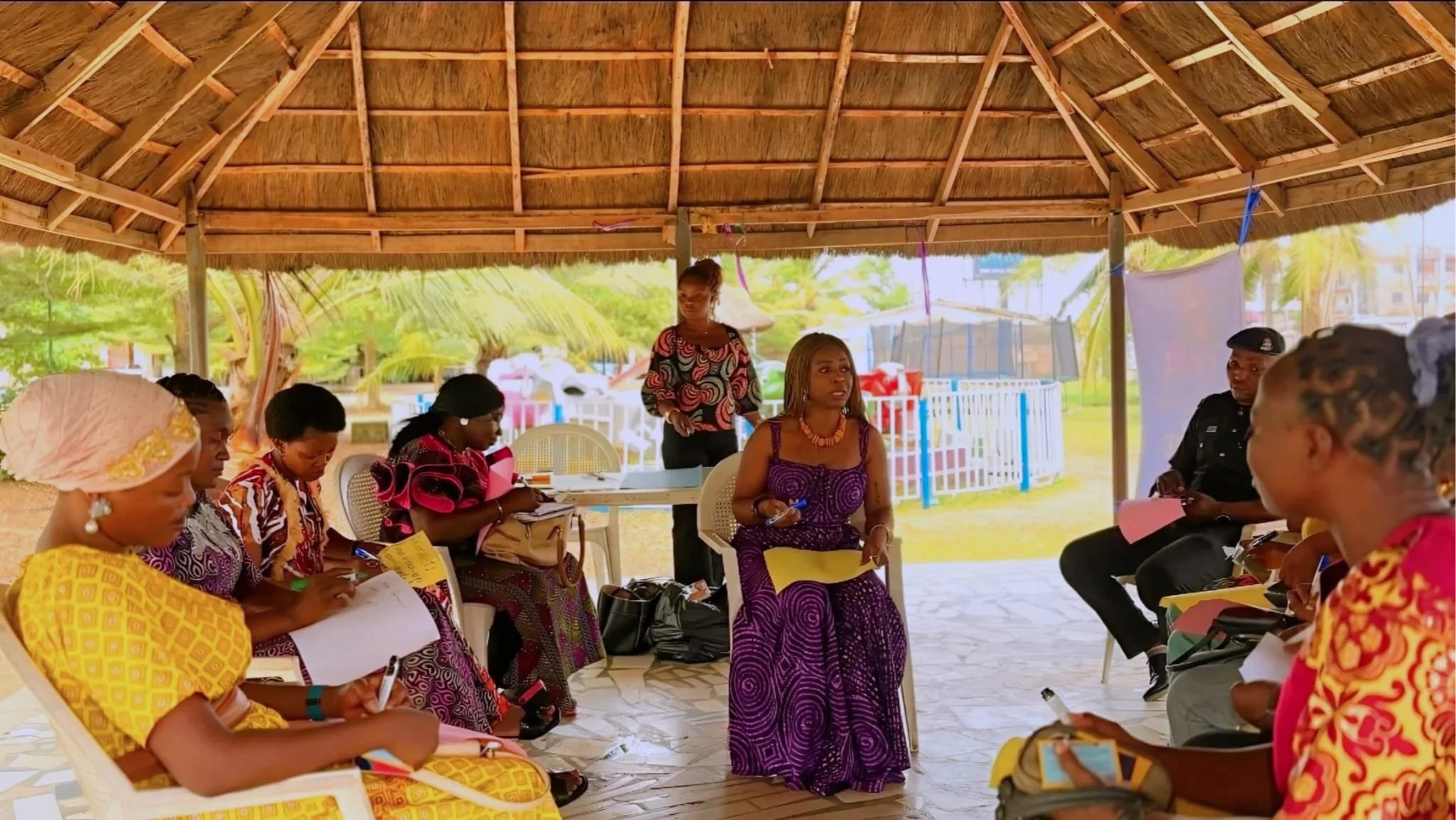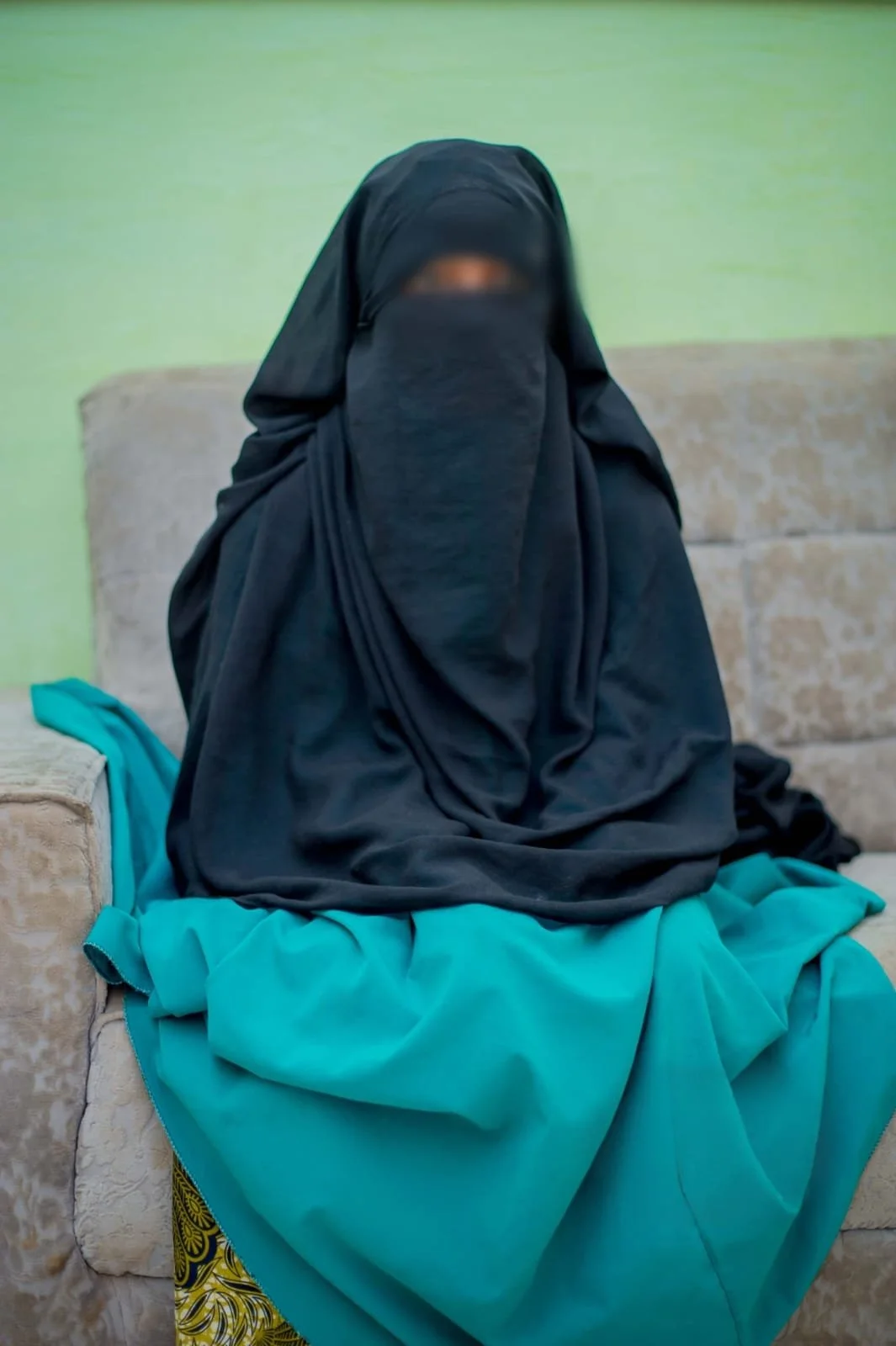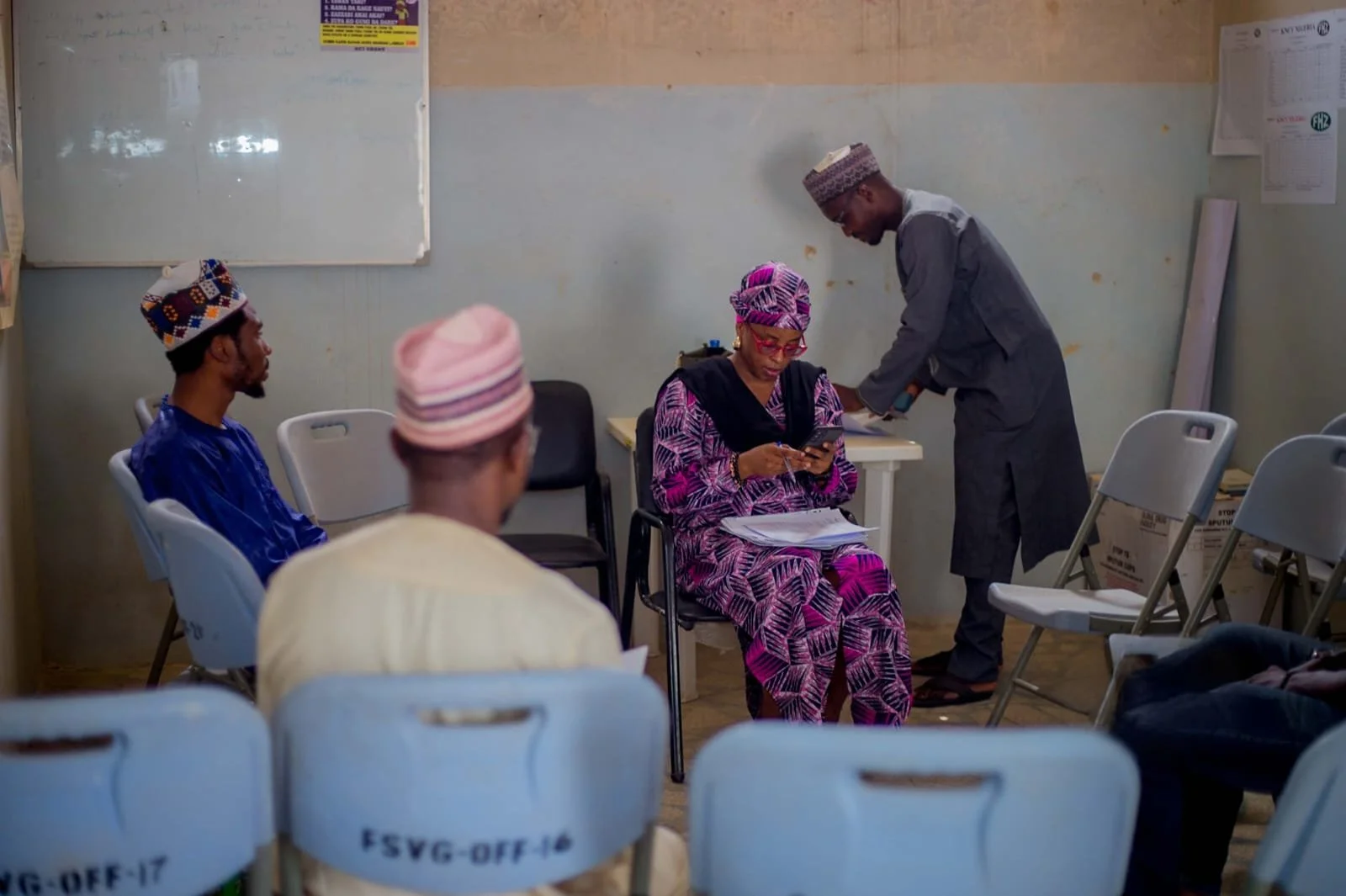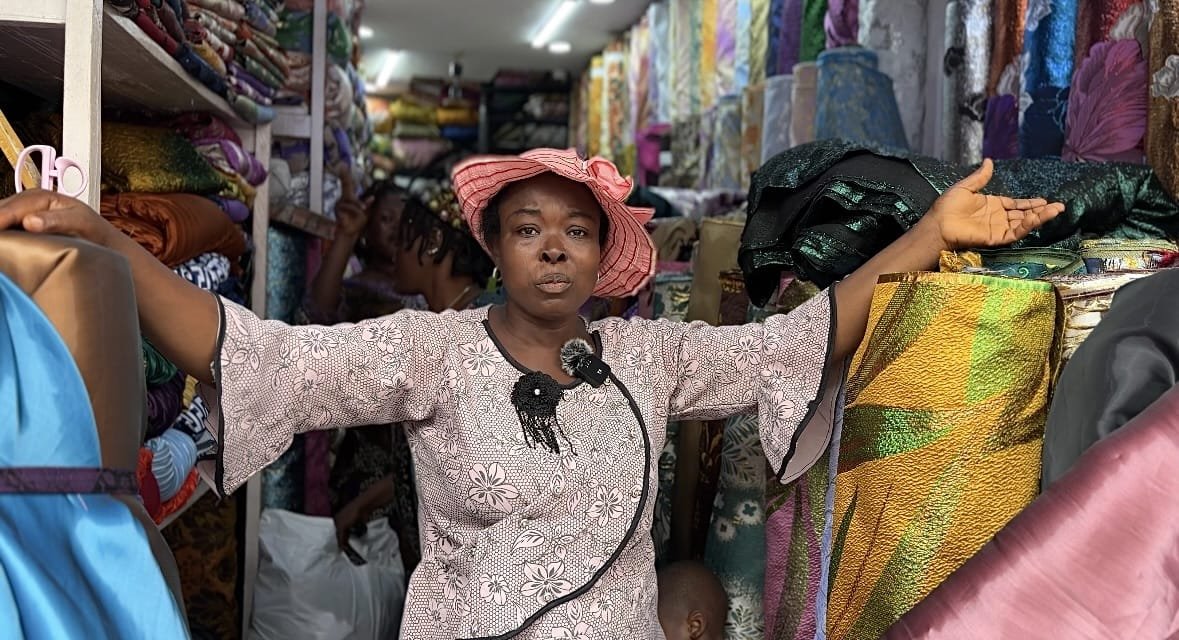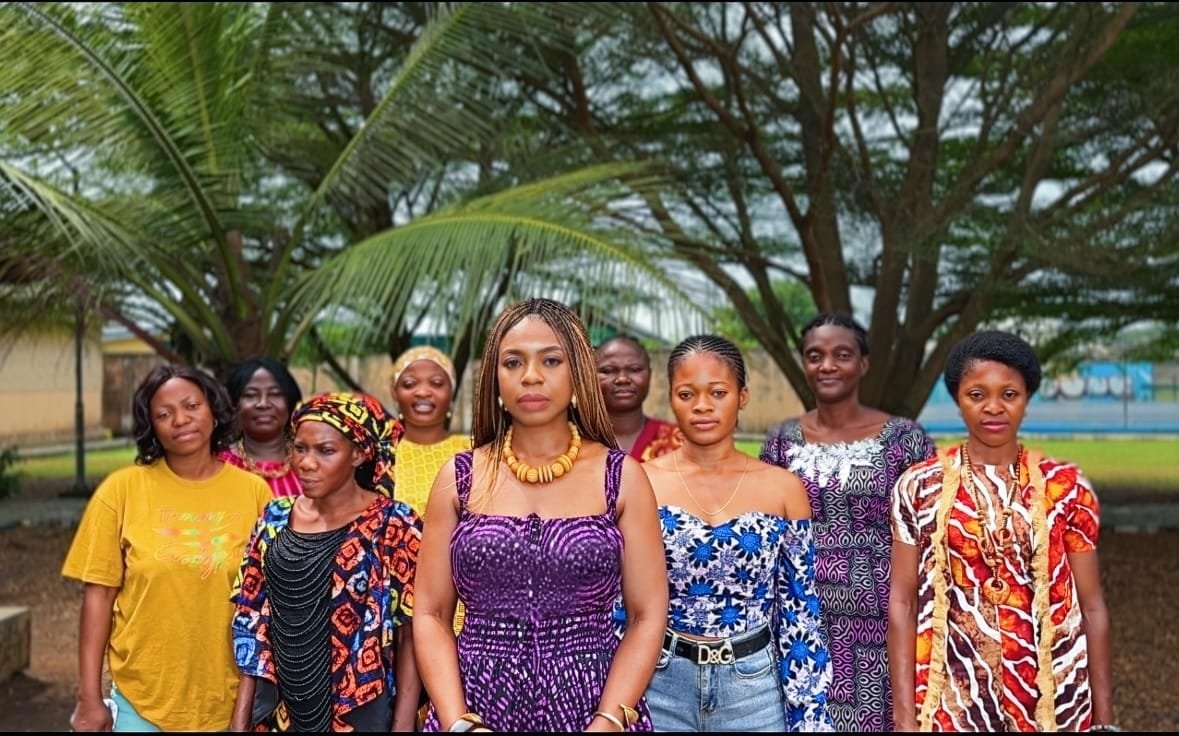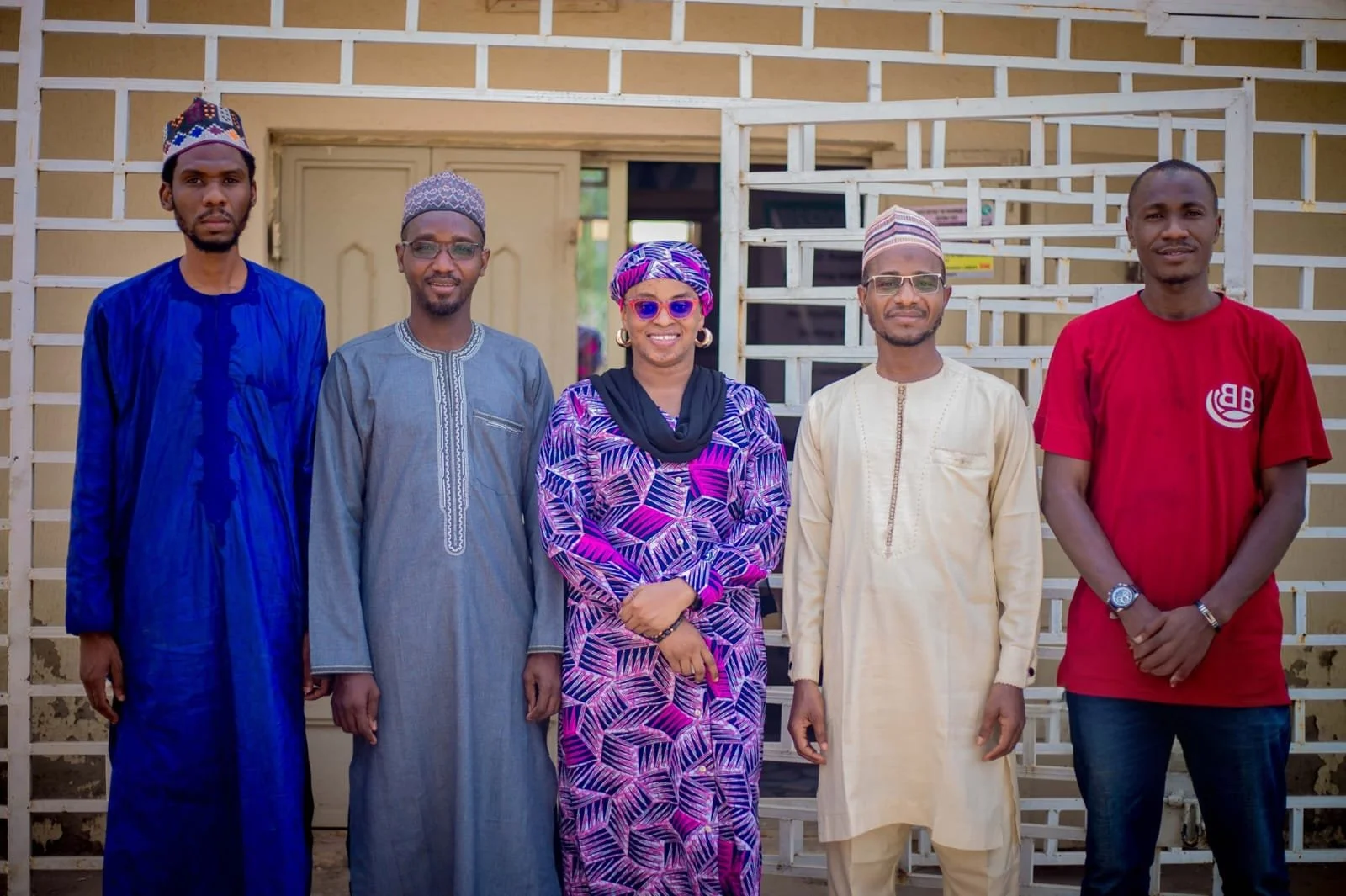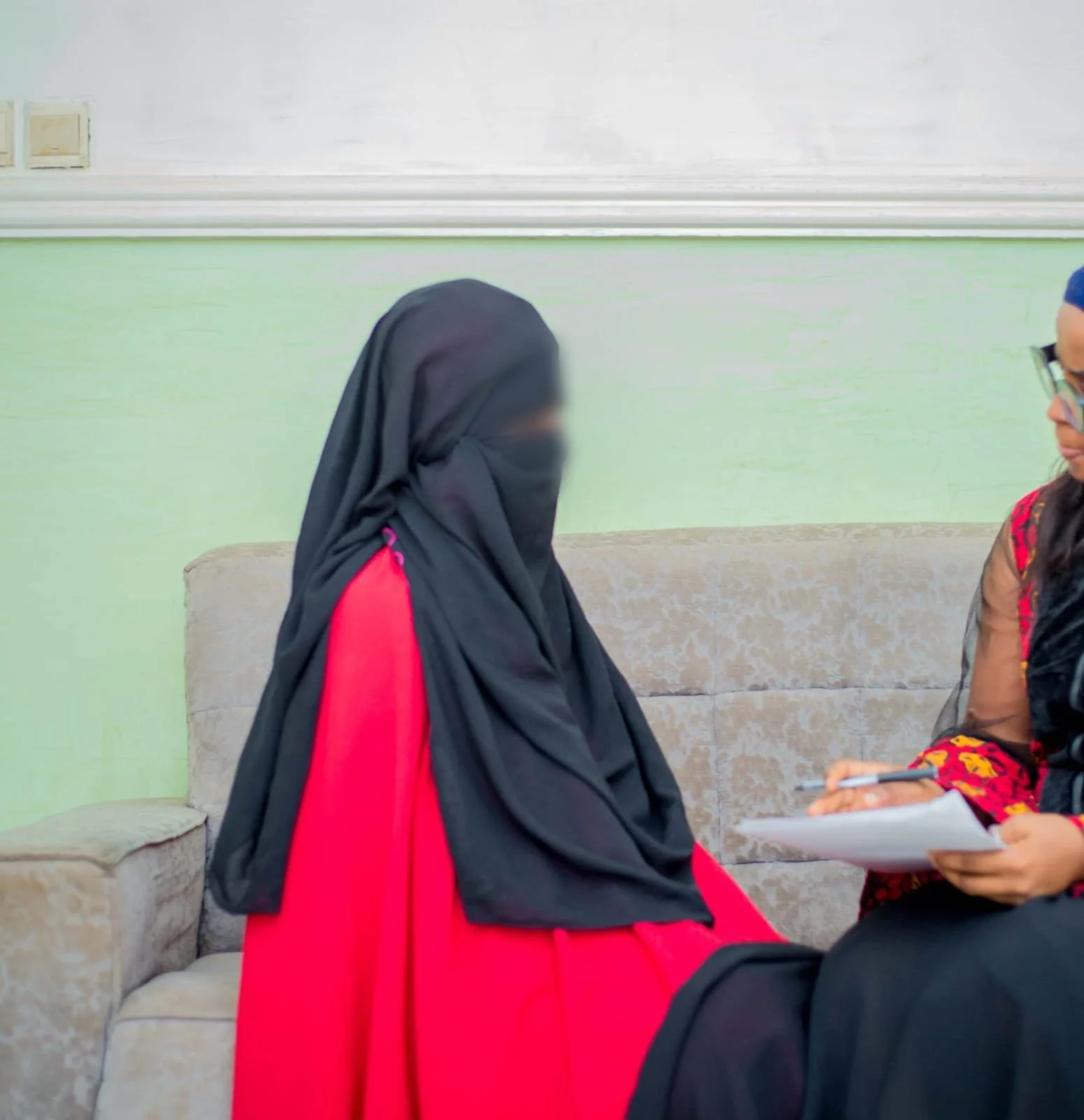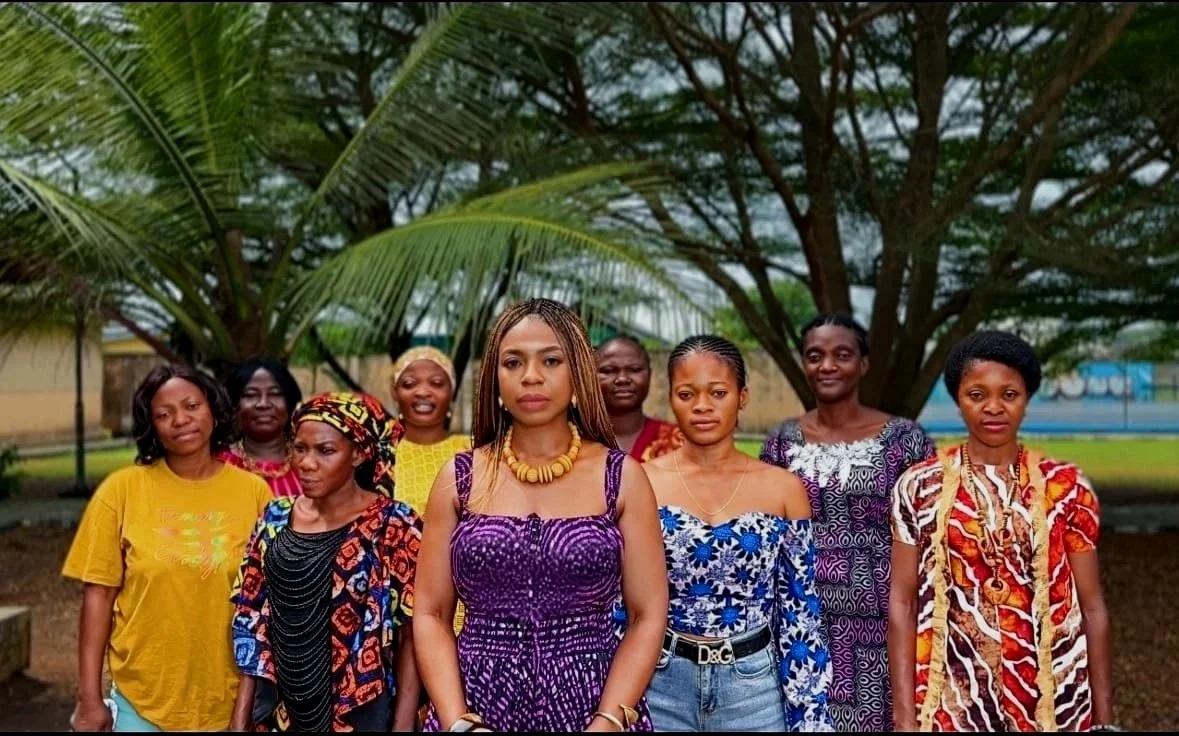
The Dynamics of Sexual Violence and Resistance Project (DSVR): Insights from Nigerian Communities
Mapping Pathways to Protection and Safety from Sexual Violence
DSVR is an ongoing research project in partnership with local communities in Nigeria and the UK. It examines the factors shaping experiences of sexual violence and agency, with the goal of mapping and sharing best intervention practices to improve protection and support for survivors.
Contact us if you would like to participate in one of our knowledge exchange events in Nigeria or the UK and/or would like a presentation and discussion of our research findings.
This content is in continual development and will be updated regularly. Check back for new content.
Project Summary
The Dynamics of Sexual Violence and Resistance (DSVR) project, funded by Anglia Ruskin University examines African women’s experiences of sexual violence and resistance across Nigeria and the UK. It highlights the shared challenges and differing realities shaping these experiences.
It aims to connect diverse frontline practices across both countries and demonstrate how insights from one setting can inform and improve policy and practice in another.
This project is led by Dr Yemisi Sloane.
Aim 1:
A Participatory, co-produced ethnographic project
Those affected by sexual violence, along with frontline organisations, are not merely subjects of research but co-creators of knowledge. Their experiences offer vital insights, and without their voices, their stories risk being overlooked or silenced.
Aim 2:
Knowledge Exchange Events with Community Members
Knowledge-exchange events create opportunities for shared reflection, validation of research findings and the joint development of practical recommendations. These events are central to the project’s participatory and co-produced approach, ensuring that survivor voices remain at the heart of both analysis and impact.
Aim 3:
Centering the Voices of Locals
Mapping the key actors and systems shaping survivor protection across Nigeria and the UK, and connecting diverse frontline, community, institutional and policy-level practices to promote more inclusive and effective survivor-centred approaches.
Ongoing Impact Activities
Knowledge exchange events, co-delivered with NGOs, to inform survivor support services and develop culturally responsive intervention models.
Creative platforms for survivors to narrate their experiences and strategies of resistance through art - a process that serves simultaneously as participatory knowledge production and a means of advocacy that reshapes community conversations around sexual violence.
Community training sessions to challenge harmful norms that sustain sexual violence.
Acknowledgements
Aliyu Abubakar - Program Manager, Fahuz Support for Vulnerable Groups, Katsina State, Nigeria.
Khadija Suleiman Saulawa - Executive Director Queen Dijah Women and Children Awareness Initiative, Katsina State.
Maryam Halliru Musa- Humanitarian Worker.
Shamsiyya Abdulkadir - Health Worker
Red Cross, Lagos State
The Siwaju Project, Lagos State
Their support in facilitating access to participants, ensuring safeguarding and grounding the project within local realities has been central to its success. Their collective efforts not only strengthened the research process but also ensured that survivor voices remain at the centre of this project. We thank them for their partnership, trust and unwavering dedication to protecting survivors and challenging gender-based violence.
Above all, we extend our profound gratitude to the participants who generously shared their experiences and insights. Their courage, resilience and trust are at the heart of this project, and it is to them that this work is dedicated.
Questions? Want to join the discussion?
Contact us at Yemi.Sloane@aru.ac.uk to learn more about the project or complete the form below:
